iodine, partly also as Iodine is a so-called trace element. This cannot be produced by the body itself and must therefore be taken in with food.
Mode of action of iodine (iodine)
.jpg)
The daily needs of Iodine (iodine) an adult is about 200 micrograms. Accordingly, children up to the age of 13 need less.
Pregnant and breastfeeding women, on the other hand, should consume between 230 and 260 micrograms of iodine per day. In the elderly, on the other hand, the iodine requirement decreases somewhat.
Iodine deficiency is a global problem. Germany is also considered an iodine deficiency area in terms of the soil, but thanks to the iodized salt, you can eat a balanced diet here.
meaning
The trace element is of outstanding importance iodine for the thyroid too. An overactive thyroid, for example, and thyroid cancer are specifically treated with iodine.
A lack of iodine, on the other hand, can lead to dangerous enlargement of the thyroid gland - this is also known as a so-called goiter. The importance of iodine for the thyroid is so enormous because iodine is a component of the thyroid hormones - around 70 to 80 percent of the iodine ingested is used in the thyroid. The thyroid hormones, in turn, are essentially responsible for growth and cell division.
Pregnant women in particular should ensure that their bodies are adequately supplied with the trace element iodine, as an iodine deficiency can cause deformities in the embryo. For this reason, children should also consume a lot of iodine, because an adequate supply is particularly important in the growth phase. Physical and mental underdevelopment could be the dire consequence of an iodine deficiency in childhood.
An iodine deficiency is usually only noticeable at an advanced stage. Typical symptoms are fatigue, lack of drive and difficulty concentrating. The skin can look tired, pale and pasty as more fluid accumulates in the subcutaneous tissue. The lack of iodine can also be noticed in the voice: in many cases it becomes hoarse and rough.
However, iodine deficiency in Germany has become significantly less common in recent years, as iodized salt is increasingly used. An overdose of iodine can hardly happen; only those who suffer from an overactive thyroid should refrain from taking too much iodine. Iodine tablets, on the other hand, are hardly harmful to the body, even if unnecessary. Only in the case of a significant overdose (for example if one milligram of iodine is consumed per day) can symptoms in the stomach and intestines and skin rashes occur. Pain and burning as well as a metallic taste in the mouth are then also not uncommon.
Occurrence in food
Particularly rich in iodine are marine fish and marine animals, but iodine is also found in more or less large quantities in iodized table salt and mineral water. Even in eggs and milk there are not insignificant amounts of iodine.
The fish species with the highest iodine content are haddock, saithe and plaice. Fish, as the largest supplier of iodine, should therefore be on the menu at least once a week.
With a balanced and healthy diet, iodine deficiency is hardly possible these days.
The intake of iodine supplements is not necessary, but can be prescribed for pregnant and breastfeeding women. Even women with an unfulfilled desire to have children can use iodine supplements.

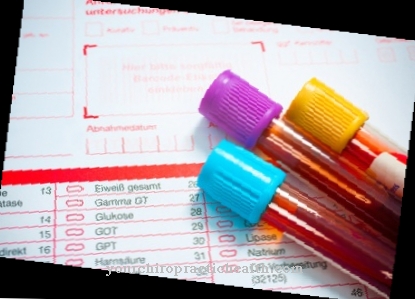
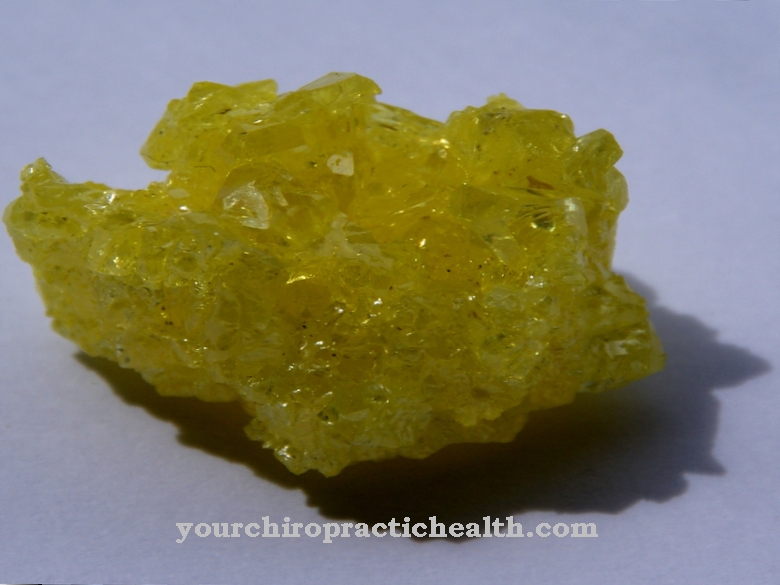
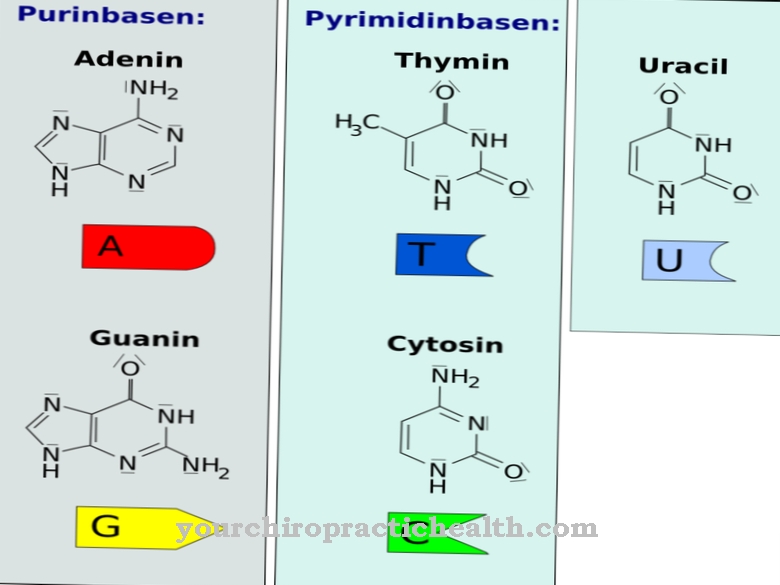
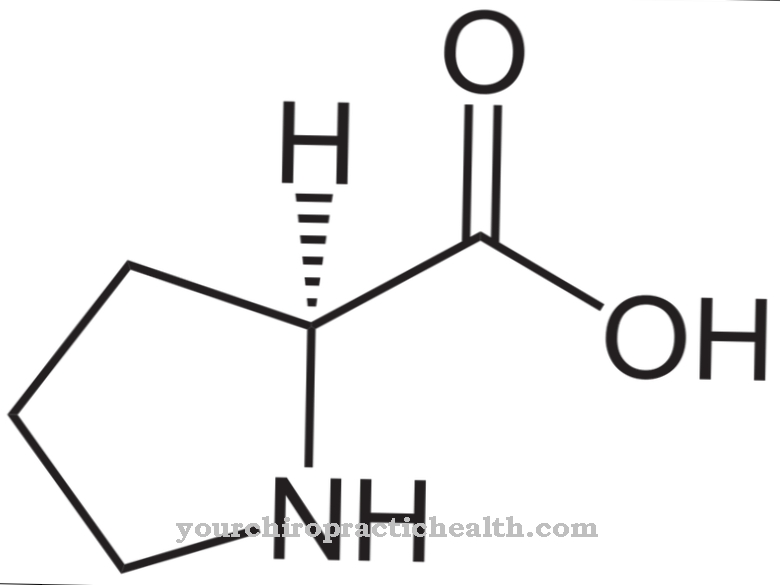
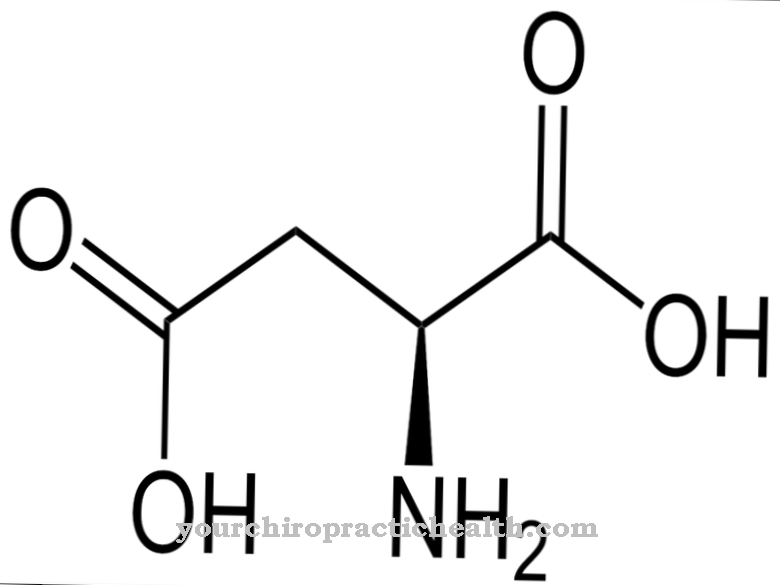
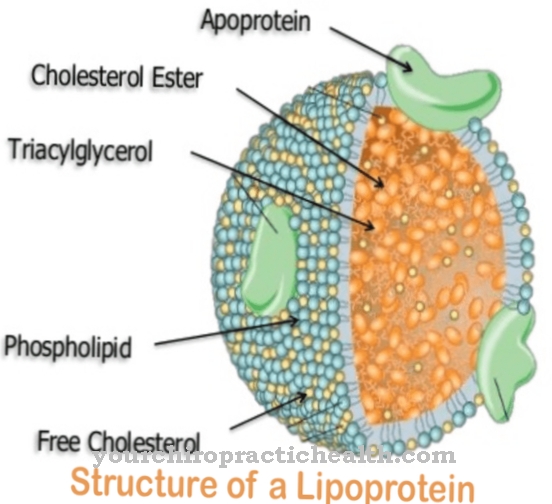





.jpg)



.jpg)










.jpg)
